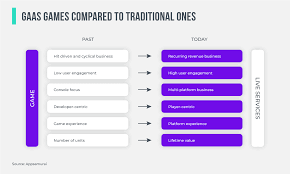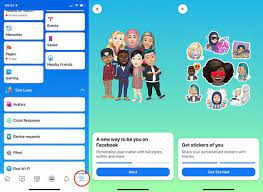What Is GaaS (Games as a Service) and How Is It Affecting Gaming?

Games as a Service (GaaS) is a relatively new concept that is revolutionizing the gaming industry. In simple terms, GaaS refers to the business model where game developers offer games on a subscription basis or charge players for additional features and content over time instead of upfront payment for a single purchase.
The rise of GaaS is mainly driven by technological advancements, globalization, and changes in players’ preferences. With the growth of the internet and the advent of cloud gaming, gaming companies are increasingly moving towards GaaS business models. This business model helps developers to recoup their costs over time while providing players with an opportunity to access premium gaming experience without spending a lot of money upfront.
One of the primary benefits of GaaS is that it allows game developers to offer regular updates, bug fixes, new game modes, and content for ongoing revenue. This is in contrast to the traditional model where developers release a game and then move on to the next project. By offering updates, developers can keep players interested and engaged in the game, ensuring customer loyalty and repeat business.
The GaaS model is also helping to create a more immersive gaming experience for players. In the past, gamers would often pay for an entire game upfront, and even if they didn’t like it, they would still need to play it to completion. With GaaS, players are free to pay for only the content they want to experience, thereby giving them more control over their gaming experience.
Furthermore, GaaS allows developers to implement new and innovative features in games that were previously not possible. For instance, multiplayer games that require dedicated servers would have been difficult to implement in the pre-GaaS era. However, with GaaS, developers can easily set up servers and provide ongoing support to offer seamless gaming experiences for players.
In conclusion, GaaS is a game-changer that has disrupted the traditional gaming industry. It’s helping to create immersive gaming experiences for players while allowing developers to monetize their games over time. As technology continues to advance, we can expect to see more gaming companies adopting GaaS business models, providing gamers with exciting new experiences, and transforming the gaming industry as we know it.






